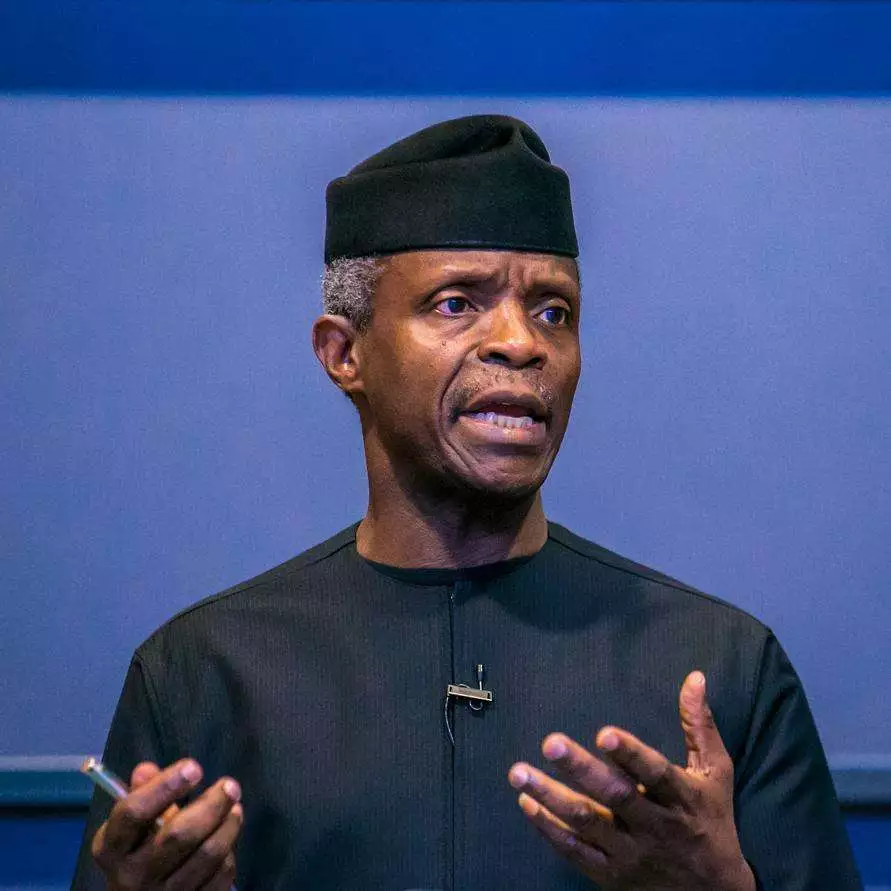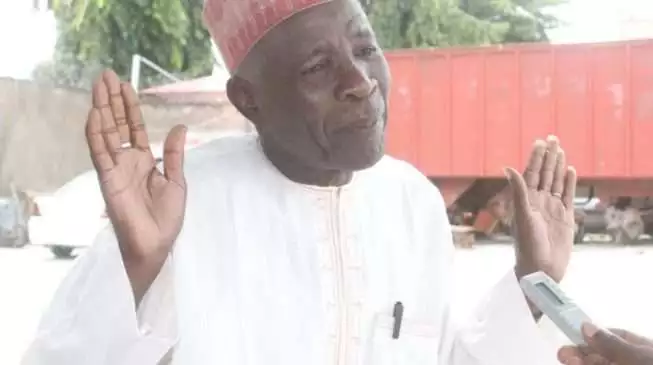Amid the outcry over the closure of Nigeria’s boarders with neighbouring countries,
Vice President, Prof. Yemi Osinbajo, has strongly defended it.
Since the closure of the boarders, prices of foodstuffs have sky-rocketed. For instance, a bag of rice which sold for N15.000 for a 50kg bag now sells for N20.000, and, in some places, N22,000.
Worse, the much flaunted locally produced rice is not only enough, it is hardly in the market. And, as is always the case in Nigeria, the closure has affected the price of everything, including pepper and vegetables.
But speaking in Scandinavia at the ongoing Nordic-African Business Summit in Oslo, Norway, Osinbajo said the border closure was necessary as Nigeria was becoming a dumping ground for everything and anything through which was doing great damage to the Nation’s economy.
With the signing of the African Continental Free Trade Agreement, Osinbajo, also, said it was important for Nigeria to do something about its borders which turned into heaven for smugglers.
On investment opportunities, the Vice President told Scandinavian investors that Nigeria is committed to expanding opportunities for Investment in sustainable energy renewal, technology and other sectors of the nation’s economy.
In a statement by his spokesperson, Laolu Akande, Osinbajo told investors that the commitment reflected a consolidation of President Muhammadu Buhari administration’s efforts in its first term.
“Some of the issues around the power sector have been around the whole question of trying to open up for more willing buyers, willing sellers arrangement as opposed to selling to the grid.
“I think what has happened is that some of the contractors would prefer to sell wholesale power to the national grid; off course, that gives more certainty with regards to their revenues.
“But what we have tried to encourage now is more of the willing buyer, willing seller arrangement.”
Osinbajo cited the Energising Economy programme in Sabon Gari, Ariaria and other markets across the country as example of the progress made so far.
“What is sustainable, long-term is actually the situation where a private power company can supply whole areas, going through the whole metering process.
“We have found that it has been successful, it worked in Lagos and other places.
“Azuri power is supplying power in Wuna, a place just outside Abuja, they are in Lagos and other places. Everybody would rather have a guarantee for payment linked with government, but that isn’t sustainable.
“There are millions of households waiting to be served with power, we think that simply opening the market and ensuring that people are able to build their contacts and realise profits from their supplies is really what government would rather do.”
On creating the enabling environment for youths to leverage technology, Osinbajo said that the focus had been on trying to encourage young people actualise their dreams within the Nigerian space.
The vice president also highlighted the work done by the Creativity and Technology Group of the Industrial Policy and Competitiveness Advisory Council.
He said that efforts of the group was expanding the horizon for local Fintech companies, run by young Nigerians to grow and undertake bigger tasks.
“The first thing is to democratise that space, which is what we are doing so that there is adequate competition.
“ There are progressive stuffs going on even without any of the reforms yet, but the reforms are major.
“Digitilising Nigeria Drive, that is really what this is all about. The whole idea is to open the space up for competition.”
On how some of the programmes have impacted young Nigerian entrepreneurs, Osinbajo said most of the services required for the implementation of components of the Social Investment Programmes were provided by Nigerian technology companies.
“If you look at some of the opportunities that have opened up, the N-Power programme where we engaged 500,000 graduates, all of the electronic platforms and infrastructure for doing that, not just engaging the young people who are on the programme, but paying them, regulating in various ways.
“These are local technology companies that set up the back ends, and all of the electronic platforms for that.
“Even for purposes of giving out micro-credit loans to two million petty traders across the country, from enumeration to building the platforms for payments, are young Nigerian companies that have done these – Softcom to GDM among others.
“ These are all major government projects and we ensured that we gave out technology contracts to local companies.
“So, I think the space is opening up, I think that there are more opportunities.
“There is an intentional approach in ensuring that young people have more access to credit and an environment where they can function.”
Osinbajo said that Nigeria has better regulations and there was greater clarity in all that was being done within the oil and gas sector.
Discover more from The Source
Subscribe to get the latest posts sent to your email.








